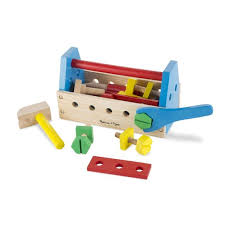Don’t miss that great candidate, here is the key to hiring your target talent.

You’re ready to hire. What’s one of the first things you should do? Dust off the job description? Get the word out? Those are necessary steps, however, companies with the most success acquiring the best talent matches for their candidate profile know there’s another area of focus that sets them apart. That is, defining their unique candidate value proposition.
You should know the responsibilities for the role and the competencies that successful employees in the role embody. Understanding what’s important to your talent segment and clearly defining and communicating what you can offer them, is your key to successfully hiring those candidates!
Your candidate value proposition is unique to your culture, values, mission, along with benefits and perks your employees receive. Spend time developing it. Ask your employees why they joined your company and why they stay. Think about current and future initiatives and how they will influence your culture and value proposition.
Beginning with this in mind will guide your approach to the different steps in your recruiting process and the candidate market. Accessing candidates who are a fit for you and who have been looking for a company like yours, benefits both and leads to retaining thriving talent!
If you want assistance or guidance defining your company’s unique candidate value proposition, contact us!
“Staying true to [yourself] is the only sustainable value proposition” ~ Tim Leberecht, Entrepreneur, Author and TED Speaker


 for you and what are things that should be present to meet your unique needs.
for you and what are things that should be present to meet your unique needs. According to the
According to the  Have you ever experienced…
Have you ever experienced… A question we’re often asked is, “When should we start recruiting for an upcoming position?” The answer remains that typically sooner is better. I would say this holds even more so during the pandemic, than you think. It’s never a good idea to feel rushed to hire, especially if it causes you to eliminate or short-change important steps that ensure you’re choosing the best-fit candidate who will thrive in your organization.
A question we’re often asked is, “When should we start recruiting for an upcoming position?” The answer remains that typically sooner is better. I would say this holds even more so during the pandemic, than you think. It’s never a good idea to feel rushed to hire, especially if it causes you to eliminate or short-change important steps that ensure you’re choosing the best-fit candidate who will thrive in your organization.

